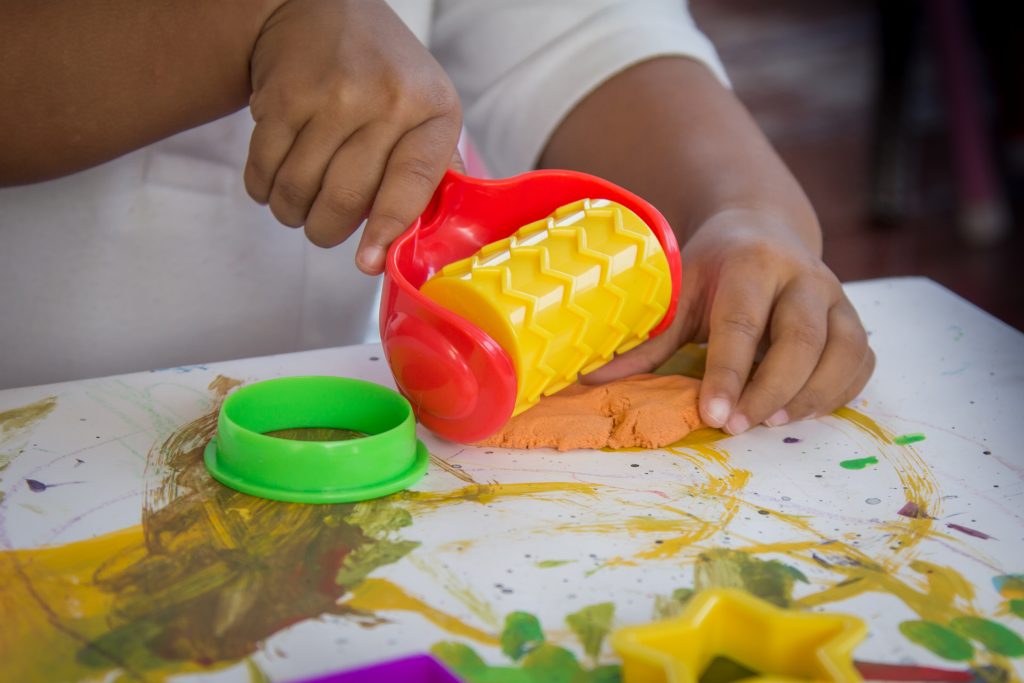When a child plays, they are learning more than just how to share and clean up toys. Play is the foundation of learning, helping children develop essential cognitive, social, emotional, and physical skills in a fun and meaningful way. Play-based learning makes education enjoyable and nurtures a child’s curiosity. When children are encouraged to explore, experiment and engage through play, they develop essential skills that support future academic growth.
Play is often perceived as entertainment, yet its influence on a child’s development is profound. In an era where society places greater emphasis on structured education and digital entertainment, it is imperative to recognize the role of play in molding a child’s future for better success.
Children learn essential social skills like cooperation, negotiation, sharing, patience, conflict resolution and empathy through play. Whether engaging in group games and pretend play. They practice communication and understand the importance of working together. Play also helps children understand emotions, manage stress and build resilience. By navigating conflicts and developing friendships, they gain confidence and emotional intelligence, which are critical for success in adulthood.
Engaging in play stimulates cognitive development by encouraging children to think critically, solve problems and explore new ideas. Open-ended activities such as building with blocks, drawing, role-playing and playing with Play-Doh can boost creativity and innovation. These activities allow children to learn new concepts in a way that promotes curiosity and discovery, preparing them for academic and real-world challenges.
Active play, such as running, jumping, climbing and dancing, promote physical fitness and coordination. These activities develop both fine and gross motor skills, which are essential for everyday tasks like writing, getting dressed and sports. Additionally, physical play encourages healthy habits, reducing health issues while improving cardiovascular fitness and muscle strength.
Play-based learning has been proven to enhance academic performance according to the National Association for the Education of Young Children. Many early education curriculums incorporate play to teach fundamental skills in math, science and language. Games and hands-on activities like freeze dance, counting objects, number/letter bingo, and obstacle courses make learning engaging and interactive. This helps children retain information more effectively.
With ever-growing screen time and structured schedules, opportunities for free play have diminished. It’s vital parents and educators try to create environments that encourage unstructured, imaginative play. Providing access to outdoor spaces, limiting screen time and incorporating playful learning activities into daily routines can ensure children receive the benefits of play.
Ultimately, play is not just a leisure activity, it is a fundamental part of a child’s growth and development. From enhancing cognitive abilities and social skills to promoting physical health and a love for learning, the benefits of play are unmatched. By prioritizing play in homes, schools and communities, we can help shape well-rounded, happy and capable individuals ready to take on the world.
Related Articles
How much salt is too much for toddlers
Key nutrients your toddler needs

